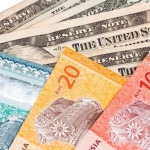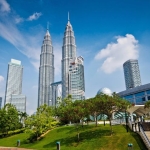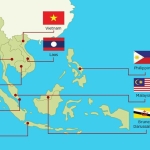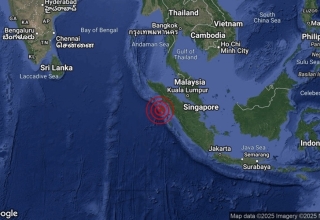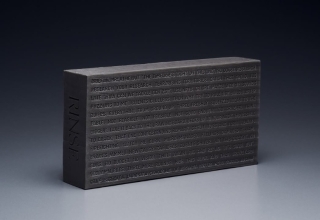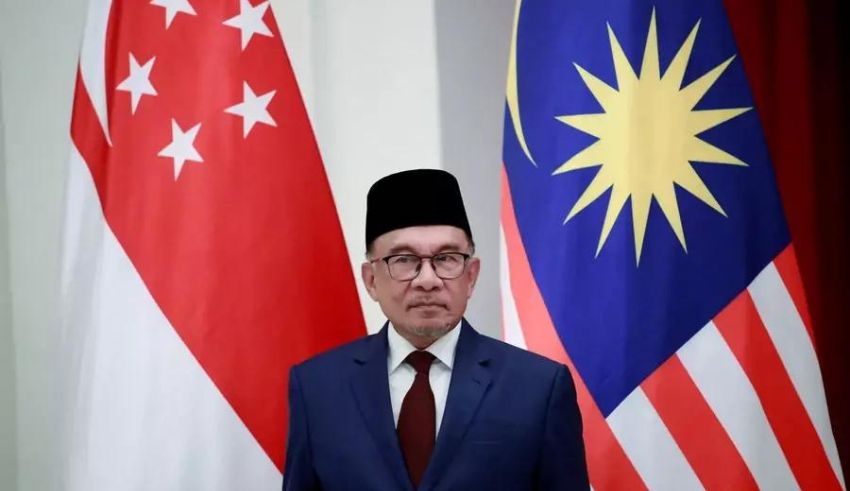
Malaysian Prime Minister Anwar Ibrahim has denounced the so-called “China-phobia” among the United States and some of its Western allies, and has defended his country’s friendly relations with China. Ibrahim made the remarks during an interview with the BBC on Monday, in which he also criticized the US for its trade war, sanctions, and military presence in the Asia-Pacific region. Ibrahim said that Malaysia, as a small and neutral country, does not want to be involved in the geopolitical rivalry between the US and China, and that it wants to benefit from the economic opportunities offered by both sides.
Ibrahim’s Pro-China Stance
Ibrahim, who became the prime minister in November 2022 after a historic election victory, has been seen as a pro-China leader, who has sought to strengthen the bilateral ties between Malaysia and China. Ibrahim has visited China twice since his inauguration, and has signed several agreements and memorandums of understanding on trade, investment, infrastructure, and technology. Ibrahim has also supported China’s Belt and Road Initiative (BRI), a massive global infrastructure project that aims to connect Asia, Europe, and Africa through a network of roads, railways, ports, and pipelines. Ibrahim has said that the BRI can bring benefits to Malaysia and the region, as long as it is fair and transparent.
Ibrahim’s pro-China stance, however, has also raised some concerns and criticisms, both domestically and internationally. Some of his critics have accused him of being too soft on China, and of compromising Malaysia’s sovereignty and interests. Some of his supporters have also expressed disappointment and frustration, as Ibrahim has cancelled or renegotiated some of the mega-projects that were initiated by his predecessor, Najib Razak, who is currently facing corruption charges related to the state-owned fund 1MDB. Ibrahim has said that some of these projects, such as the East Coast Rail Link (ECRL) and the Trans-Sabah Gas Pipeline (TSGP), were overpriced, unnecessary, and unfavorable to Malaysia, and that he had to review and revise them to protect the country’s finances and future.
Keep Reading
Ibrahim’s Anti-US Sentiment
Ibrahim, who is known for his outspoken and controversial views, has also been vocal in his criticism of the US and its policies. Ibrahim has blamed the US for creating instability and insecurity in the world, by imposing sanctions, tariffs, and threats on other countries, and by interfering in their internal affairs. Ibrahim has also condemned the US for its military presence and activities in the South China Sea, a strategic and disputed waterway that is claimed by China and several Southeast Asian countries, including Malaysia. Ibrahim has said that the US should not act as the “policeman” of the world, and that it should respect the sovereignty and rights of other nations.
Ibrahim’s anti-US sentiment, however, has also drawn some backlash and skepticism, both domestically and internationally. Some of his critics have accused him of being too hostile to the US, and of jeopardizing Malaysia’s long-standing and strategic partnership with the US. Some of his supporters have also expressed concern and confusion, as Ibrahim has maintained a cordial and constructive relationship with the US President Donald Trump, who he has met twice since his return to power. Ibrahim has said that he does not hate the US, but that he disagrees with some of its policies and actions, and that he wants to have a balanced and mutually beneficial relationship with the US.
Malaysian Prime Minister Anwar Ibrahim has defended his country’s friendly ties with China, and has accused the US and its allies of having a “China-phobia”. Ibrahim has said that Malaysia, as a small and neutral country, does not want to be dragged into the geopolitical rivalry between the US and China, and that it wants to enjoy the economic opportunities offered by both sides. Ibrahim’s pro-China stance and anti-US sentiment, however, have also generated some controversy and criticism, both domestically and internationally. Ibrahim has said that he is not biased or influenced by any side, but that he is acting in the best interests of Malaysia and its people.

